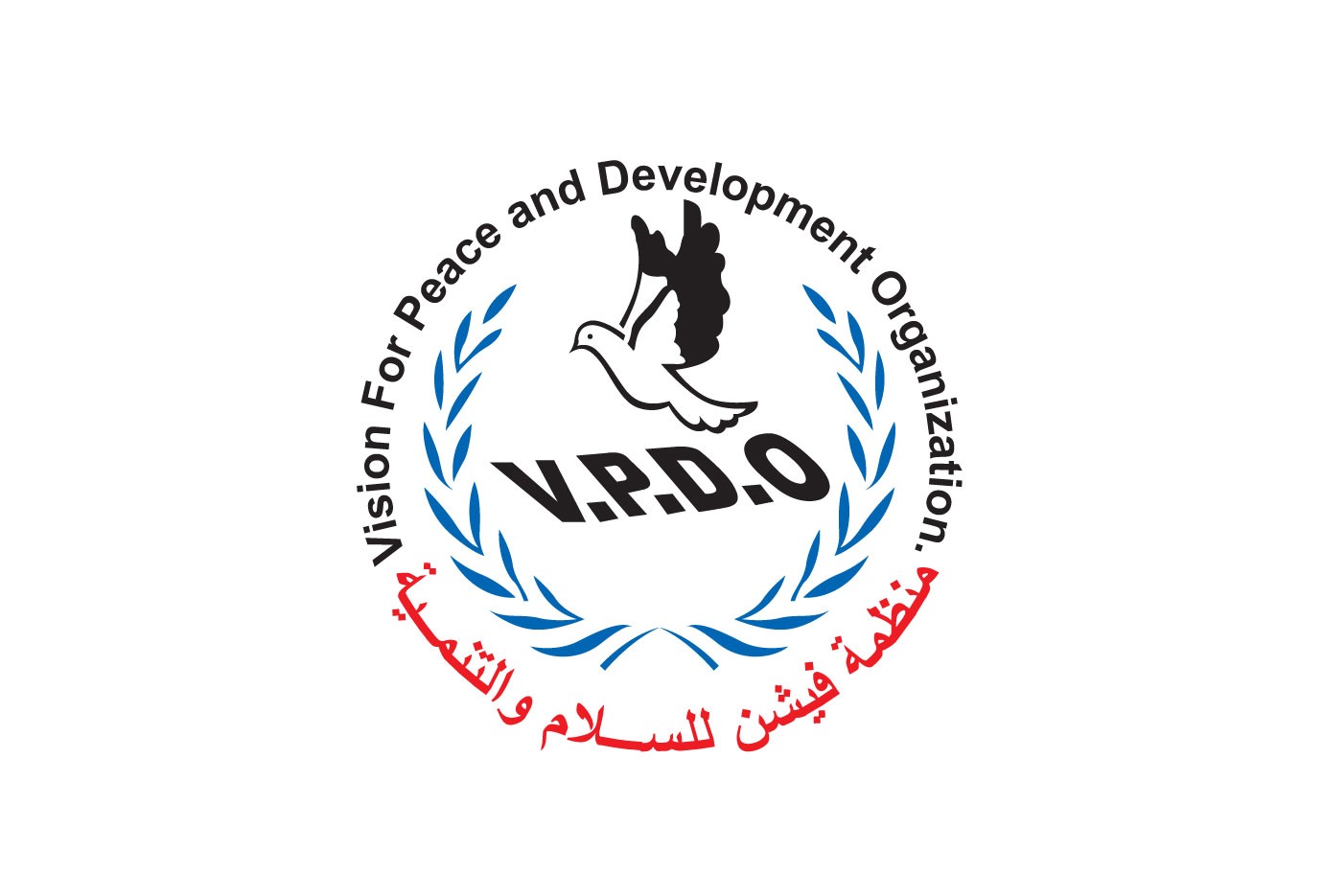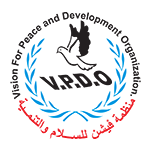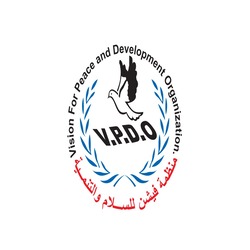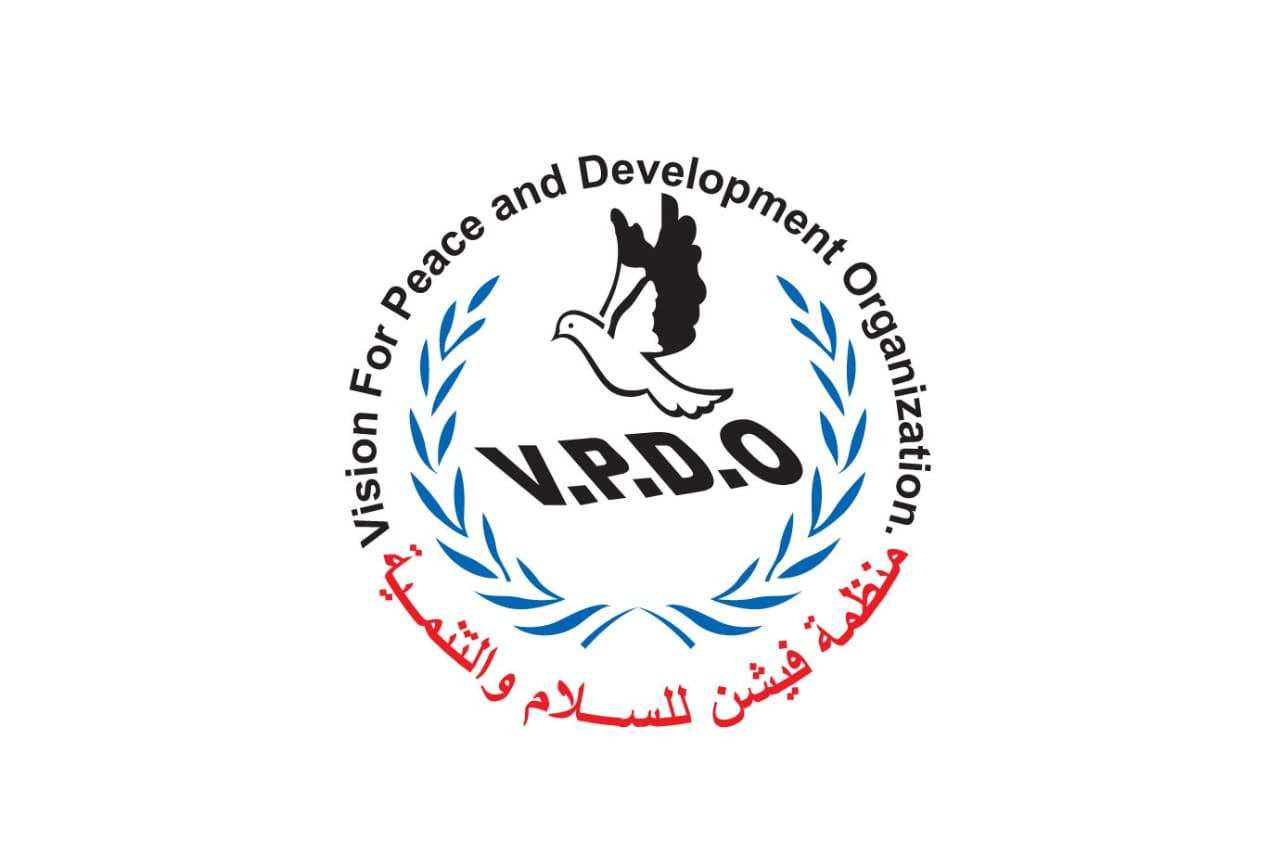
Enhancing Resilience in Humanitarian Contexts in Sudan: Approaches for Sustainable Progress

The Vision for Peace and Development Organization (VPDO) understands the significance of fostering resilience in humanitarian contexts within Sudan. As the nation grapples with various obstacles such as conflict, displacement, and climate-induced disasters, it is vital to formulate strategies that encourage
sustainable progress and mitigate vulnerability to crises
The Significance of Fostering Resilience
Mitigating Vulnerability to Crises: Cultivating resilience enables communities and individuals in Sudan to lessen their susceptibility to crises, including natural calamities, conflict, and economic disturbances. This empowers them to manage and rebound from these occurrences more effectively
Advancing Sustainable Progress: Strategies aimed at building resilience can facilitate sustainable development in Sudan by bolstering economic advancement, social cohesion, and environmental stewardship. This may result in enhanced livelihoods and an improved quality of life for local communities
Improving Human Well-being: By mitigating vulnerability and advancing sustainable progress, resilience
building strategies can elevate human well-being and enhance the quality of life for communities across Sudan
Effective Approaches for Fostering Resilience
- Community-Driven Initiatives: Initiatives led by the community are vital for nurturing resilience in Sudan. By enabling local populations to take charge of their development, we can foster sustainable and impactful resilience strategies that cater to the distinct needs and challenges of each community
- Disaster Risk Mitigation: Strategies focused on disaster risk mitigation can assist communities in Sudan in preparing for and reacting to natural disasters, such as floods and droughts. This can lessen the repercussions of these events on human populations and infrastructure
- Economic Diversification: Economic diversification can aid communities in Sudan in minimizing their exposure to economic shocks by encouraging varied income sources and decreasing reliance on a single industry or sector. - Social Safety Nets: Social safety net programs, including cash assistance and support systems, can assist vulnerable groups in Sudan in managing crises and lowering their susceptibility to future shocks
Environmental Stewardship: Environmental stewardship is essential for enhancing resilience in Sudan. By advocating for sustainable environmental practices, we can decrease the likelihood of ecological disasters and promote sustainable progress
Optimal Practices for Fostering Resilience
Participatory Methods: Employing a participatory approach that includes local communities in the design and execution of resilience-building strategies is vital for success. This guarantees that the strategies are customized to meet the specific needs and challenges of each community
Contextual Relevance: Resilience-building strategies should be contextually relevant, considering the unique needs and challenges faced by each community in Sudan
Inclusivity: Resilience-building strategies must be inclusive, addressing the needs of all community members, including the most vulnerable individuals. Final Thoughts Enhancing resilience in humanitarian contexts in Sudan is essential for fostering sustainable progress and lessening vulnerability to crises. By implementing effective strategies and optimal practices, we can improve human well-being and encourage sustainable advancement. The Vision for Peace and Development Organization is dedicated to bolstering resilience-building initiatives and promoting sustainable progress in humanitarian contexts throughout Sudan








